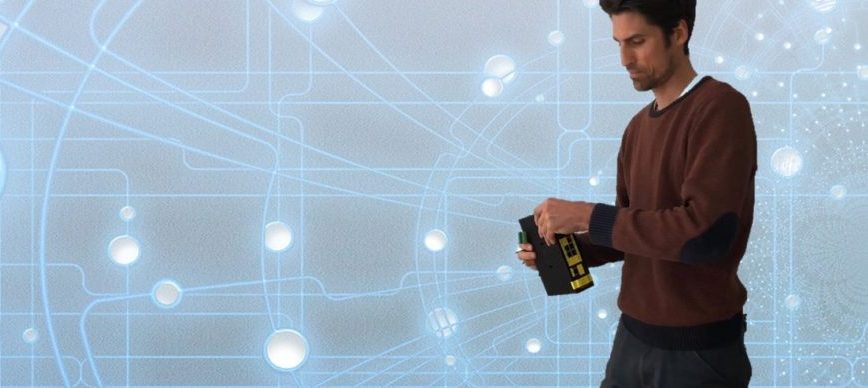We are experts in combustion plants, i.e. the generation of electricity and heat through combustion processes.. Large, small, old, new – optimising them is not only our core business but our passion. Especially in times when we are facing a climate change, it is important to keep emissions as low as possible through smooth operation. And that is just one of the many benefits our scheme offers.
Initial situation
A new waste incineration plant was built at the site of a paper mill near Seoul in South Korea to meet the steam requirements for paper production. The entire process engineering, was prepared by KBS Feuerungstechnik. Our specially developed combustion control system EPOC © boiler is ideal to provide a stable, efficient operation to ensure such a facility. The system limits (temperatures, pressures, emissions, …) are automatically adhered to with our control.
The figure shows the structure of the incinerator according to external technical office.
We provide both the software and the hardware and support companies during commissioning with the implementation of our regulation.
We get to know the boiler in order to be able to optimally adjust our control to the operation. We do this on site, of course, so that we can experience the reaction of the boiler as directly as possible. So far so good.
Corona and the commissioning
In this case, a three-week on-site commissioning in South Korea was planned for May 2020. However, due to travel restrictions caused by the Corona pandemic, the project team had to reschedule. South Korea was – we remember – one of the Corona hotspots at that time and a trip there was out of the question. However, the construction work in South Korea was running to schedule and so we were faced with the challenge of finding a new way to carry out the commissioning. So we started making arrangements for our very first remote commissioning. The hardware was labelled entirely and instructions and an assembly plan were prepared. It was important to us that people without special technical know-how could also carry out the assembly and wiring of the hardware. Therefore, to be on the safe side, we asked an uninvolved colleague from the office to carry out the assembly on a trial basis only according to the labelling and assembly plan. This enabled us to quickly identify and rectify weak points in the plan and the lettering. As a last step, we created a video of the construction / the wiring and enclosed it. We then packed the whole thing up and sent it to Korea within a few days in order to be able to meet the tight schedule. The tension during the shipment tracking was strong, after all, there were hardly any flights to Korea at the time. The relief was therefore all the greater when our package arrived safely. And our customer actually succeeded in connecting the hardware correctly and we were able to establish the connection to the boiler control over a distance of almost 9,000 km without ever having been on site.
Commissioning
Nothing stood in the way of successful commissioning. To compensate for the lack of on-site impressions, the operation of the system was discussed in daily video conferences with the technicians in South Korea and an interpreter – the fact that our customer does not speak English and we do not speak Korean made things even more difficult. But after just under a week it was done: the control was set so that the system automatically generates a constant amount of steam without operator intervention. Both our customer in Korea and our project team in Vienna were enthusiastic: a complete remote commissioning over thousands of kilometers was successful.
We were a little surprised ourselves by what is possible when it has to be possible. We are very pleased that this project was implemented so successfully and we are excited about the next challenges.

